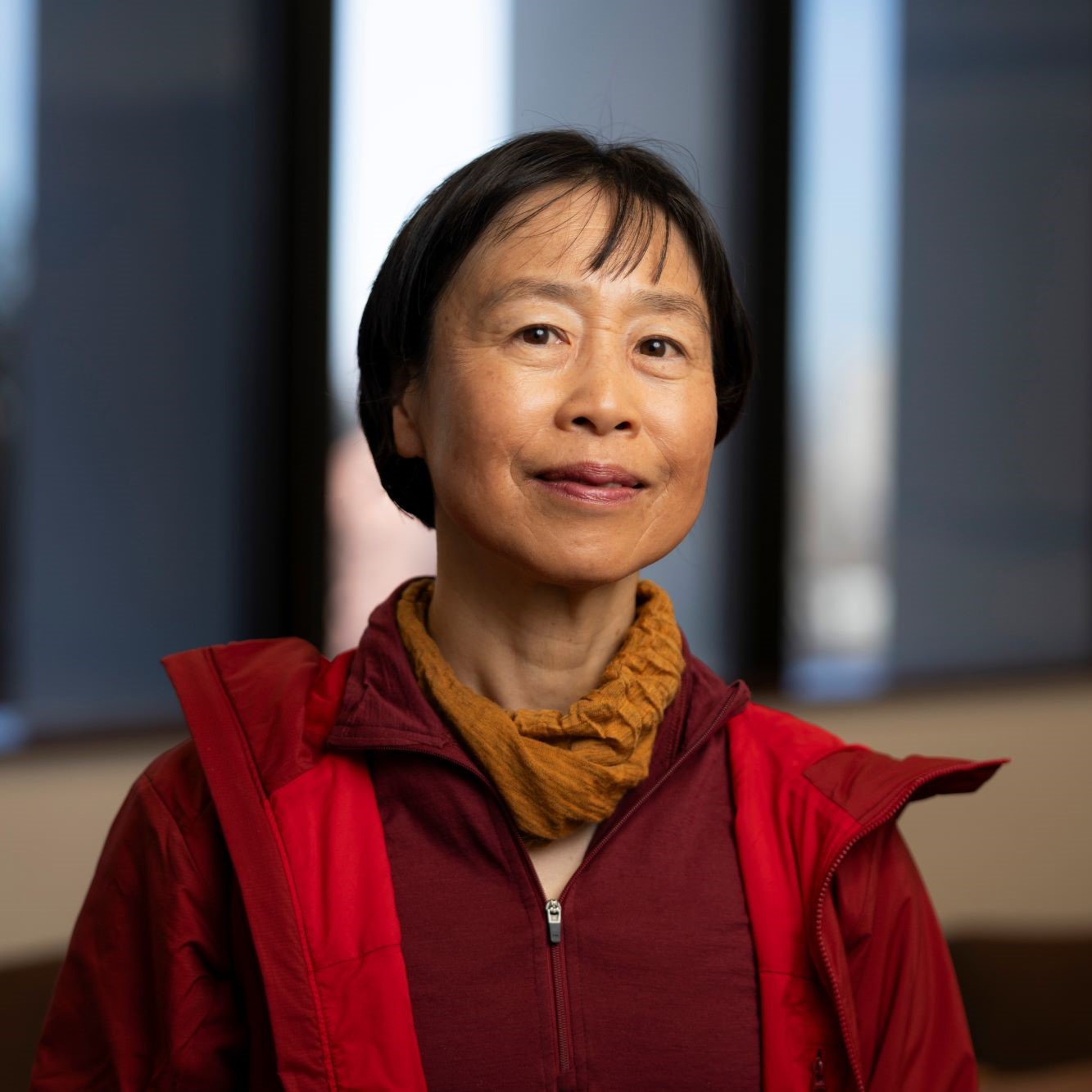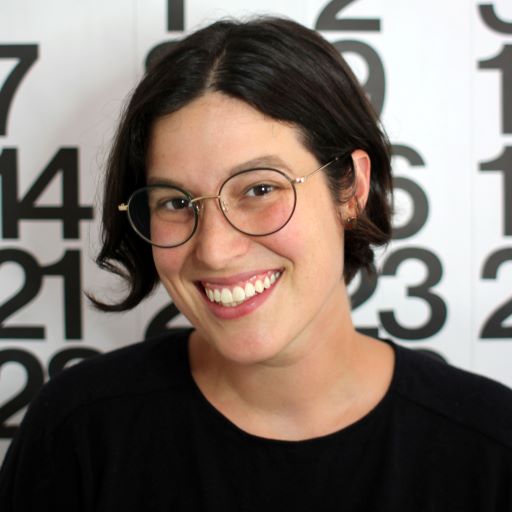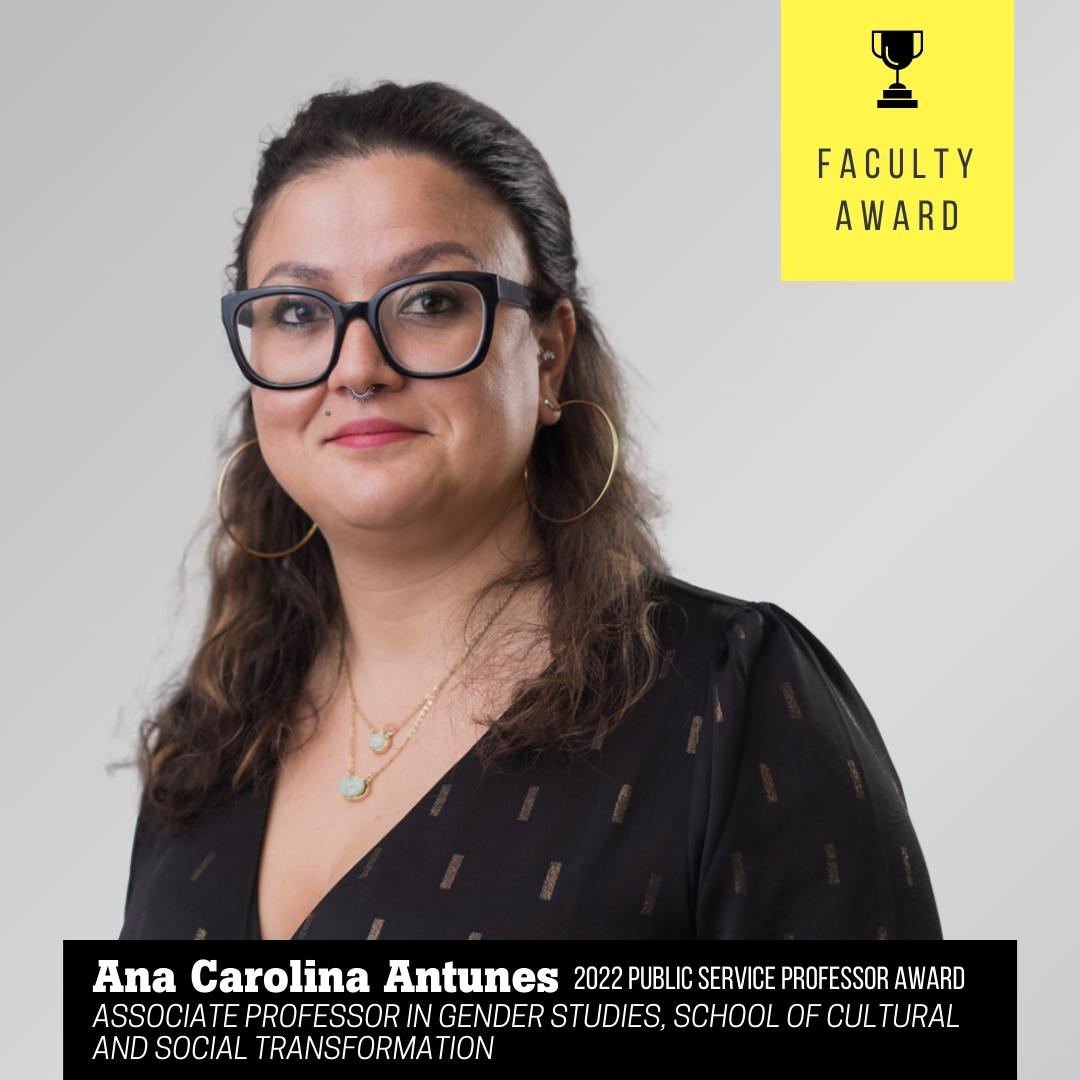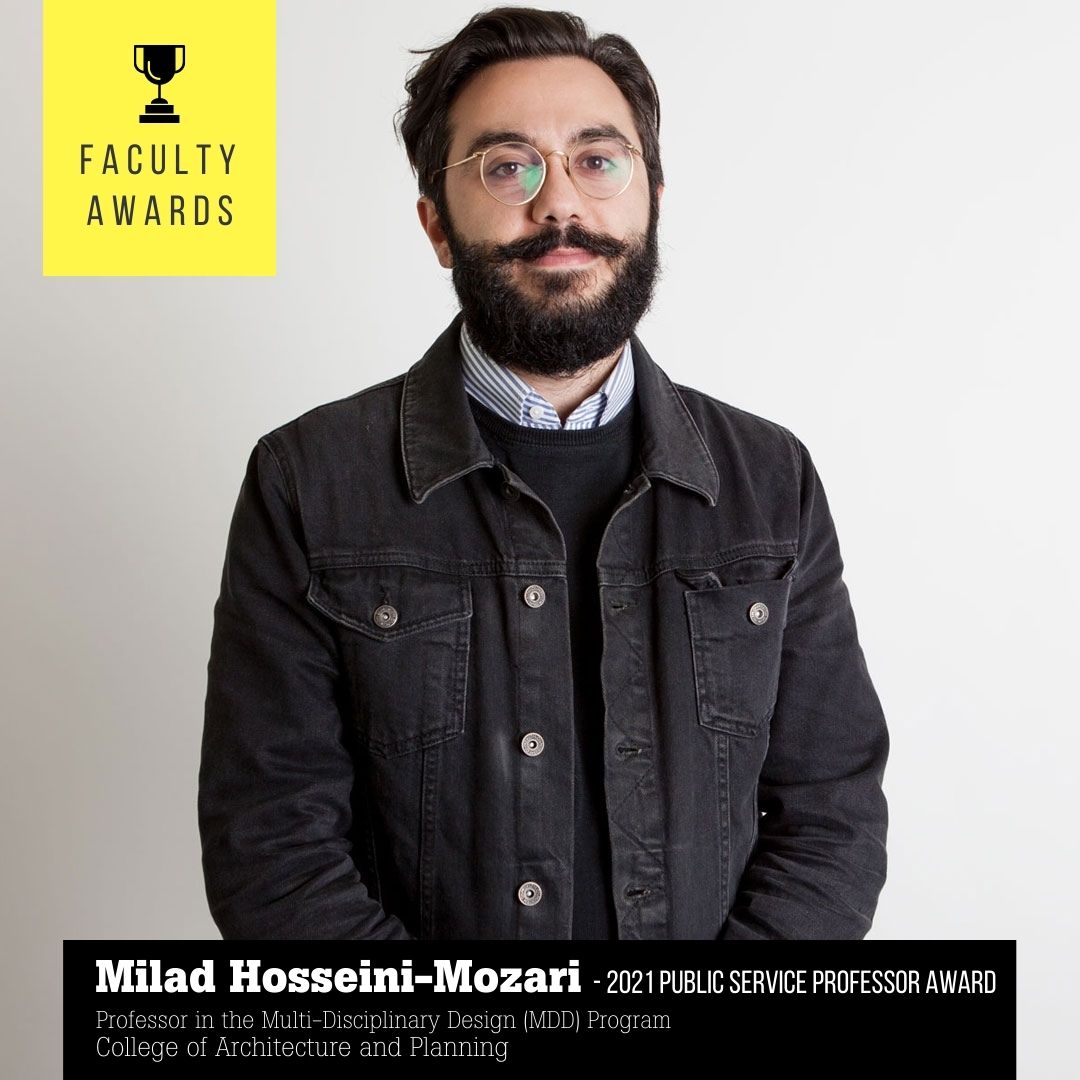Public Service Professorship
Deadline: January 31st
This significant award is designed to help a faculty member strengthen community-engaged learning experiences and opportunities tied to civic engagement, and also foster stronger partnerships with the local community. It is open to all faculty members at the University of Utah. The prize funds of $7,500 may be used in any way that enables the recipient to carry out the proposed project, e.g., to reimburse the recipient’s department for release time, pay a research assistant, travel to conferences, and purchase supplies or equipment.
Requirements:
The Public Service Professor must:
- Meet with Community Engaged Learning staff and her/his department chair during the first semester of the project implementation to provide a status report
- Present a brief report of the project outcomes to colleagues in the department/college and/or at a Community Engaged Learning event
- Be available for a photo for the gallery of Public Service Professors that is on display in the Union’s fourth-floor hallway
- Attend Community Engaged Learning's award celebration and University Commencement ceremony
Selection Criteria Include:
- Project involves a combination of community-engaged learning classes, research, and community action
- Project extends beyond the length of academic semesters and provides long-term community impact
- Community partnerships are based on a strong foundation of mutual ownership and commitment to address complex and important community issues
- Project articulates the expected learning outcomes for students, benefits for the community, and a research/evaluation plan for assessment
- Project is encouraged to be interdisciplinary, since solutions to social and environmental issues require an integrated approach
Submission:
Proposals for the Public Service Professorship must include the following items:
- An abstract of the proposal including an explanation of how the activities will meet the selection criteria listed above;
- A budget summary;
- A one‑page biographical sketch and a short CV (one to three pages) that highlights only the community-engaged scholarship aspects of the candidate’s scholarly record;
- A letter of support from the candidate's department chair;
- And Letter(s) of support from community partner representatives demonstrating project need and potential impact.
Selection Process:
A committee will review all proposals and select the recipient based on the criteria below. The awardee will be notified by February 28th. The Public Service Professor will be honored at Community Engaged Learning's award celebration and University Commencement ceremony. Attendance is required at both events.
If you would like feedback on a draft of your proposal, email it to Megan Medina by January 15th.
When you are ready to apply, please assemble all materials into a single pdf file and email them to Megan Medina by January 31st.
Recipients of the Public Service Professor Award
 2024: Akiko Kamimura, Associate Professor of Sociology — College of Social and Behavioral Science
2024: Akiko Kamimura, Associate Professor of Sociology — College of Social and Behavioral Science
Professor Kamimura has extensive experience in community based research. For her Public Service Professor project, Dr. Kamimura will be working with Understanding Us - a grassroots (501) (c) non-profit organization that provides Tai Chi and physical activity programs to persons experiencing homelessness (PEH) in Salt Lake City. Together Dr. Kamimura, her research team and students, and Understanding Us will evaluate the effectiveness of the Tai Chi program for PEH’s physical, mental, and social well-being. Results of the research will be used to inform revisions to the program and implementation of interventions that improve cognitive function, decrease stress, and promote confidence in people who are dealing with a number of mental health issues such as severe depression and post-traumatic stress disorders.
 2023: Hallie Jay Pope, Professor—S. J. Quinney College of Law
2023: Hallie Jay Pope, Professor—S. J. Quinney College of Law
Professor Pope came to the University of Utah to develop the Creative Advocacy Lab (CAL), an experiential course dedicated to promoting access to justice and democratizing legal information. According to Pope, “CAL explores modes of legal advocacy beyond traditional client representation, re-envisioning lawyers as community educators, problem-solvers, and storytellers. In collaboration with community partners, students use creative tools—like design thinking, narrative, plain language writing, and visual communication—to make legal information accessible to those who need it.” She will utilize the $7,500 award in partnership with CAL students, People’s Legal Aid Utah, and the tenants they work alongside to design informational resources about housing law and renters’ rights.
 2021-2022: Ana Carolina Antunes, Assistant Professor—Gender Studies Program, School for Cultural and Social Transformation
2021-2022: Ana Carolina Antunes, Assistant Professor—Gender Studies Program, School for Cultural and Social Transformation
Professor Antunes has demonstrated sustained commitment to community engaged pedagogy centered on gender and sexuality education for youth in our west-side communities. She isutilizing this $7500 award to launch a program in partnership with the Sunnyvale Neighborhood Center focused “on using digital technology as a means to enhance access to medically accurate knowledge about gender and sexuality, critical media literacy skills, and public health information." Professor Antunes has established a strong, long-term relationship with this community partner and has also partnered with the School of Medicine to build curriculum for the program.
 2020-2021: Milad Hosseini-Mozari, Professor—Multi-Disciplinary Design (MDD) Program, College of Architecture and Planning
2020-2021: Milad Hosseini-Mozari, Professor—Multi-Disciplinary Design (MDD) Program, College of Architecture and Planning
Professor Hosseini-Mozari is utilizing this award to launch an innovation hub between the Multi Disciplinary Design Program, College of Architecture + Planning, and the International Rescue Committee (IRC). It will be a collaborative space where digital access and increased tech literacy will be supported for a community that has historically experienced inequity in technological access. Professor Hosseini-Mozari comes from the community of focus, as an immigrant himself, and will serve as a bridge between students and refugees to build technological know-how and amplify immigrant voices resulting in meaningful benefits to the immigrant community.
 2019-2020: Christopher Mead, Assistant Professor—Honors College
2019-2020: Christopher Mead, Assistant Professor—Honors College
Professor Christopher Mead utilized this award to introduce for-credit University of Utah programming to the Utah State Prison. Over 2 million people are incarcerated in the US, and despite increasing attention to mass imprisonment, racial and economic disparities in incarceration persist. Meaningful educational opportunities for incarcerated people are rare, but they significantly improve relations between staff members and the incarcerated, enhance prisoners' self-esteem, and reduce in-prison crime. Professor Mead has exhibited a long-term dedication to issues of community engagement, equity, inclusion, and diversity.
